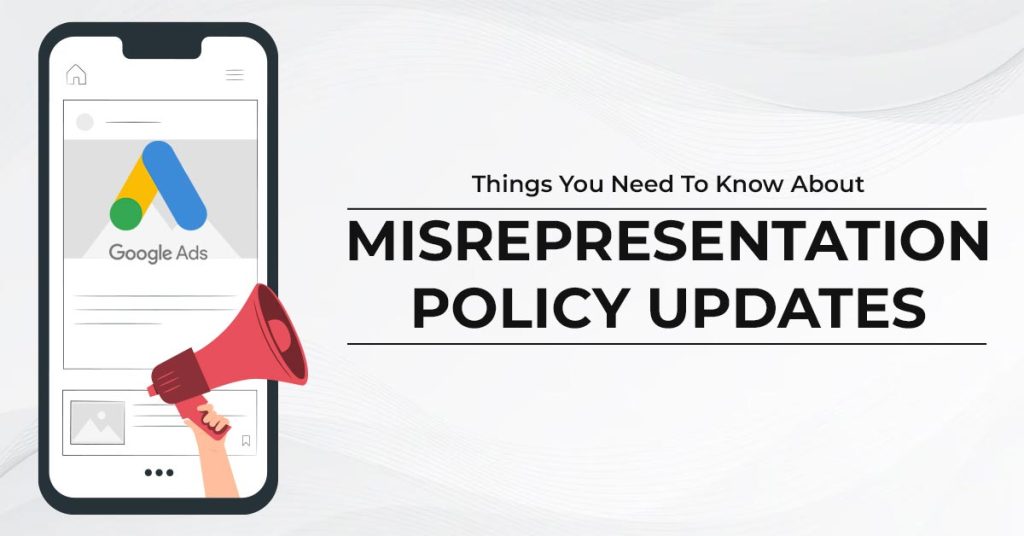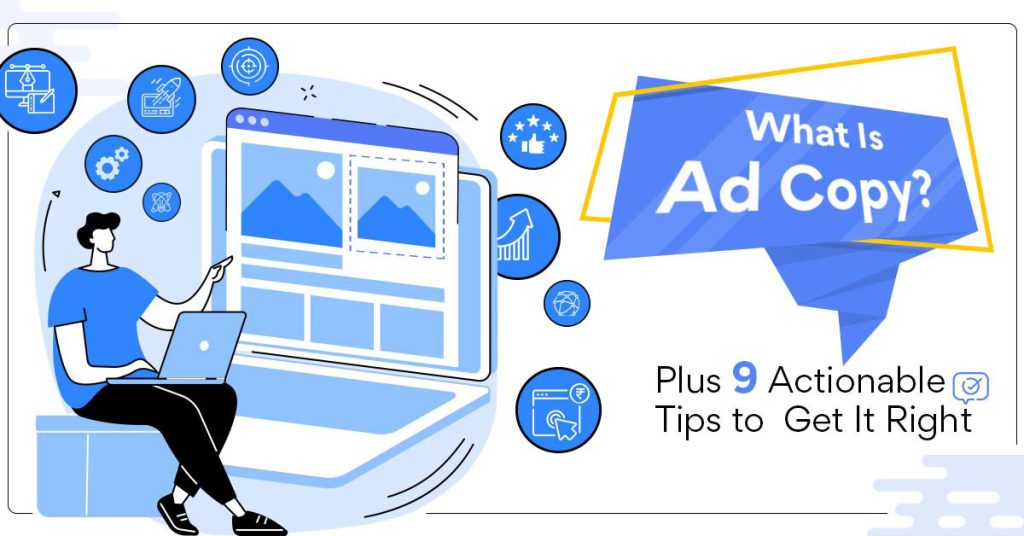Among the most overlooked aspects of running a successful Pay-Per-Click campaign, one is tracking conversions. A business owner or marketer can bring in traffic but cannot simply rely on that as an end result. You need to know how the traffic is converting into actual sales, leads, or any other desired action. The proper conversion tracking method will give you the data you need to refine your strategy and boost your ROI. But with so many options out there, how do you know which one works best? Read this blog by Infinix360 to know the most effective conversion tracking method that suits your PPC campaign.
Understanding Conversion Tracking In PPC
Conversion tracking, at its core, is the process of monitoring the actions users take after clicking on your ads. These actions could range from a purchase, contact form completion, subscription to a newsletter, or even just spending some time on your site. In this way, you can measure the conversions that your PPC campaigns make, and the data that you get back is really valuable. If you do not have access to such data, then you are flying blind; you might be spending money but will not know if it is being paid back. At Infinix, we use customized solutions to set up and optimize conversion tracking, making sure you gain actionable insights to enhance your campaigns.
The Power Of Google Ads Conversion Tracking
Conversion tracking is one of the best ways to measure success for PPC campaigns and is a gold standard set by Google Ads. The ability to track actions that people have taken on your website or application, even over the phone, can be enabled by Google Ads conversion tracking. The system allows users to set up custom conversion actions that can be configured based on what your business aims for, whether it’s selling something or submitting a contact form.
Google Ads is a great option as it supports tracking of both websites and apps. You just place a tracking code, which is a piece of JavaScript, on your conversion page, like the “Thank You” page after a purchase, and Google will track when people take the desired action after clicking your ad. This information then feeds into your Google Ads account, where you make data-driven decisions about how to spend your budget.
What makes Google Ads tracking so valuable is that you can see exactly which keywords, ads, and campaigns are driving conversions. They also integrate with Google Analytics; this gives you a deeper view of your website’s overall performance, so you might be able to measure a little more than just PPC actions.
Facebook Pixel For Retargeting And Conversion Tracking
Facebook Ads is another giant in PPC, especially for businesses that want to utilize social media for their campaigns. One of the most effective ways to track conversions from Facebook Ads is through the use of the Facebook Pixel. This small piece of code is placed on your website to track the actions users take after they click on your Facebook ads.
Besides assisting you to track conversions, the Facebook Pixel also allows retargeting. This means that it can display ads to individuals who have already interacted with your site or ads, therefore increasing the chances of completion of a conversion. According to SalesLion, Business firms that use retargeting are 70% more likely to convert the potential customers than those without.
Use Of UTM Parameters For Tracking In Detail
While Google Ads and Facebook Pixel might be mighty tools, you may need some more granularity in your reporting of a campaign’s effectiveness. Enter UTM parameters. UTM stands for Urchin Tracking Module. Its parameters refer to tags affixed to your URLs to follow specific data in Google Analytics about campaigns.
Adding UTM parameters in links of your PPC adverts helps you track which adverts and which keywords, as well as which devices are sending in the most conversions. That is the best thing-it’s completely customizable, so our Google Ads agency in chennai customizes this to your exact needs with that information, so that you can drill down about what’s working right or not in your campaign.
Importance Of Multi-Channel Attribution
For example, in the world of PPC, customers might be multi-touch before a conversion occurs, which means a customer can view an ad on Google then visit your website. Maybe they come back another time after seeing an ad from Facebook. Unless you can track this correctly, the big picture may pass by without notice.
This is where multi-channel attribution comes into play. This method by our digital marketing company looks at the entire customer journey, giving credit to each touchpoint along the way. By using tools like Google Analytics and Google Attribution, you can gain a clearer understanding of how different channels contribute to your conversions.
Whichever method suits your purpose and budget may be effective; most of you will benefit by combining them all—Google Ads Conversion Tracking, Facebook Pixel, and UTM parameters to get an overall idea about the performance of your PPC campaign. By following the methods discussed above, combined with continuously optimizing using the data at hand, it becomes possible to improve the campaign, grow ROI, and even witness business expansion.
Track your PPC campaigns to avoid going off the tracks. The appropriate conversion tracking method is key to smarter decisions and better results.



